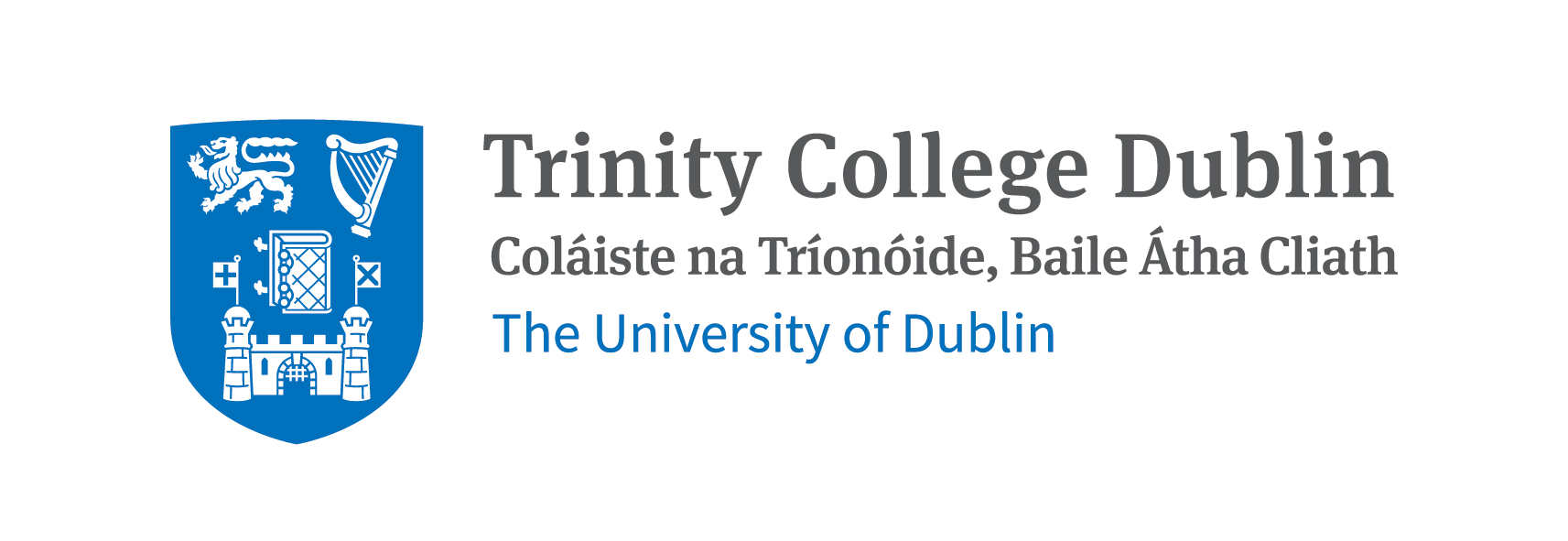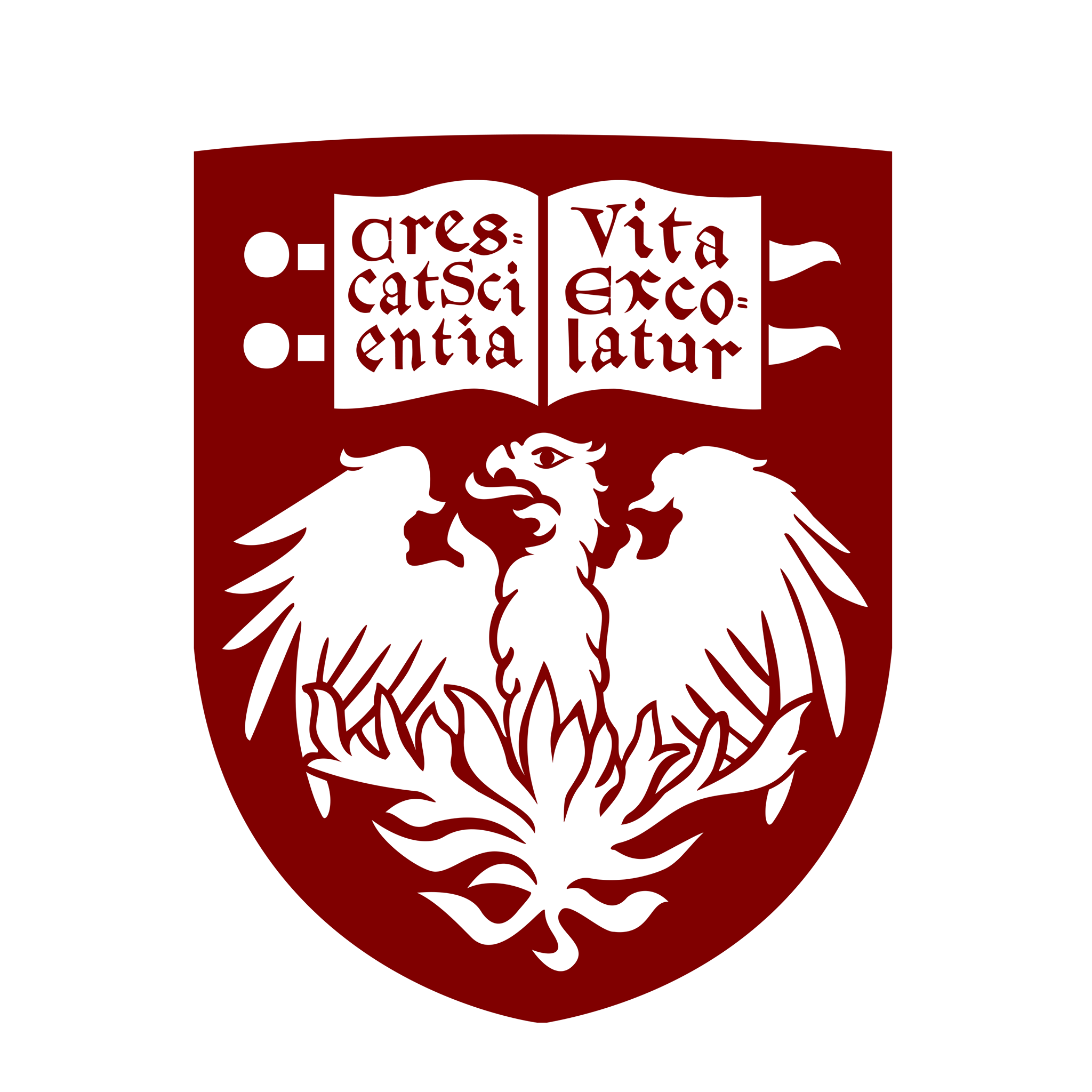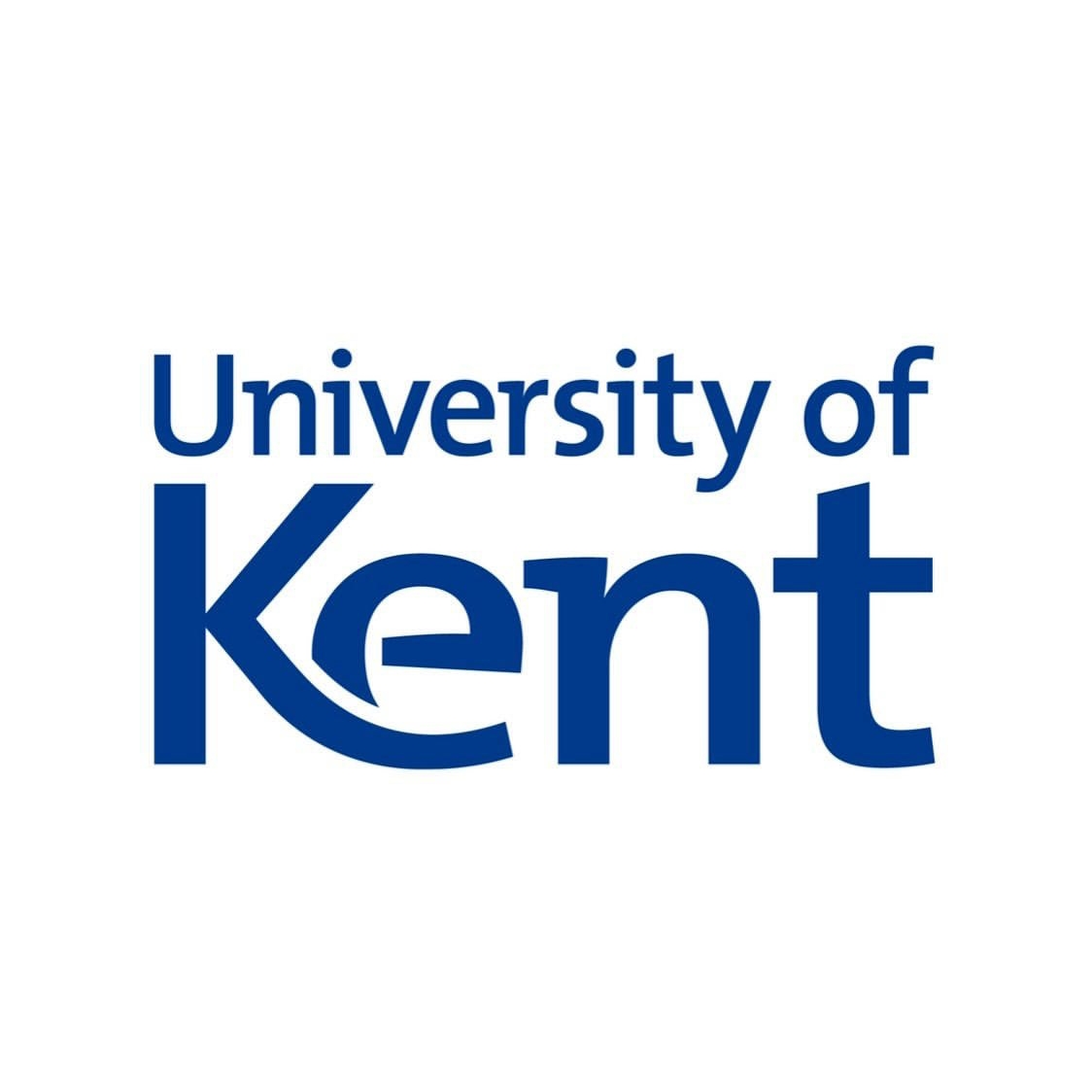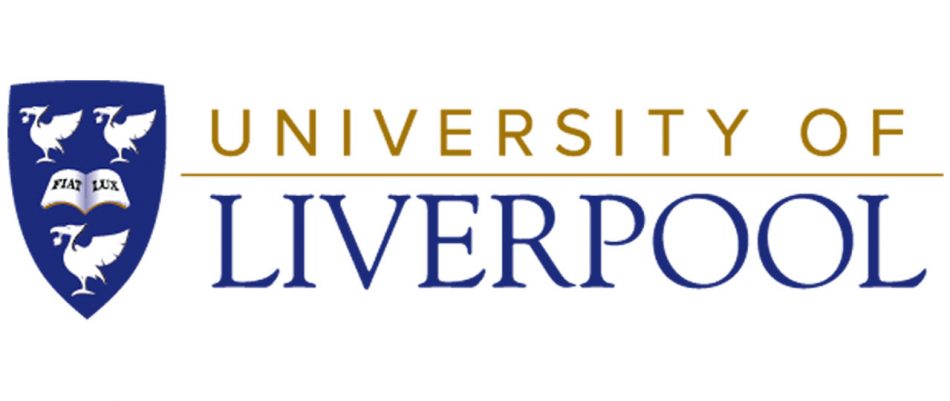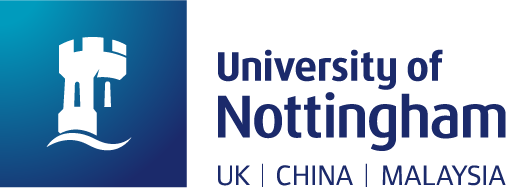Comparative Literature: Exploring Global Narratives and Cultures
In today's interconnected world, literature serves as a powerful bridge between diverse cultures, histories, and perspectives. For Indian students aspiring to study abroad, a degree in Comparative Literature offers a unique opportunity to delve into the rich tapestry of global storytelling. This interdisciplinary field examines literary works from different languages, traditions, and eras, fostering critical thinking and cultural empathy. Whether you're passionate about Bollywood's influence on world cinema or the parallels between ancient Indian epics and Western classics, studying Comparative Literature abroad can transform your worldview and open doors to international careers.
With the rise of globalization, Indian students are increasingly drawn to programs that highlight cross-cultural exchanges. Comparative Literature programs abroad emphasize translation, adaptation, and the impact of colonialism, migration, and diaspora—topics that resonate deeply with India's multicultural heritage. Imagine analyzing Rabindranath Tagore's works alongside Shakespeare or exploring postcolonial themes in the context of both Indian and African literature. This course not only enriches your academic journey but also equips you with skills for a global job market.
What is Comparative Literature?
Comparative Literature is the study of literature and related arts across national and linguistic boundaries. Unlike traditional English or regional literature programs, it encourages you to compare texts from various cultures without being limited to one language. Originating in the 19th century, the field has evolved to include film, digital media, and oral traditions, making it highly relevant in the digital age.
For Indian students, this discipline is particularly appealing due to India's linguistic diversity—over 22 official languages and countless dialects. You'll learn to navigate translations and interpretations, understanding how stories travel and transform across borders. Core elements include:
- Thematic Analysis: Exploring universal themes like love, identity, and power in works from India, Europe, Asia, and beyond.
- Historical Contexts: Examining how literature reflects social changes, such as the impact of British colonialism on Indian writing or the Harlem Renaissance in American literature.
- Interdisciplinary Approaches: Integrating literature with philosophy, anthropology, and visual arts for a holistic view.
- Translation Studies: Understanding the challenges and artistry of translating texts, vital for multilingual societies like India.
Programs often require proficiency in at least one foreign language, but many offer courses in English with options for Hindi, Sanskrit, or other Indian languages to bridge cultural gaps.
Why Choose Comparative Literature Abroad as an Indian Student?
Studying abroad in Comparative Literature exposes you to diverse academic environments that enhance your perspective on India's role in global literature. Indian universities like JNU or DU offer strong foundations, but international programs provide access to world-class libraries, guest lectures from global authors, and study abroad exchanges. Here's why it's a smart choice:
- Cultural Immersion: Live in countries where the literature you study comes alive—walk the streets of Paris while reading French existentialists or explore New York's multicultural vibes for American immigrant narratives.
- Global Network: Connect with peers from around the world, building a network that can lead to collaborations in publishing or academia.
- Scholarship Opportunities: Many programs offer funding for international students, including Indians, through scholarships like Fulbright or Chevening, reducing the financial burden.
- Relevance to Indian Context: Courses often cover South Asian literature in a global framework, helping you contribute to discussions on diaspora (e.g., Indian authors like Salman Rushdie or Jhumpa Lahiri).
- Personal Growth: Develop resilience and adaptability, key for navigating India's competitive job market post-graduation.
Moreover, with India's growing soft power through yoga, cinema, and literature, a Comparative Literature degree positions you as a cultural ambassador, enhancing employability in diplomacy or media.
Core Curriculum and Key Topics
A typical Bachelor's or Master's in Comparative Literature spans 3-4 years, blending theory, close reading, and research. The curriculum is flexible, allowing you to tailor it to interests like gender studies or environmental literature. Below is an overview of common modules:
| Module | Description | Relevance for Indian Students |
|---|---|---|
| Introduction to Comparative Methods | Foundational theories on comparing texts across cultures. | Compares Indian myths (e.g., Mahabharata) with Greek epics. |
| World Literature Survey | Overview of major works from Asia, Europe, Africa, and the Americas. | Highlights Bollywood's global reach and Tagore's Nobel influence. |
| Postcolonial Literature | Analyzes effects of empire on writing, including hybrid identities. | Directly ties to India's independence movement and Partition literature. |
| Translation and Adaptation | Studies how stories are retold in films, theater, or new languages. | Explores adaptations of Indian classics in Hollywood or European cinema. |
| Genre Studies | Focuses on poetry, novels, drama, and emerging forms like graphic novels. | Includes contemporary Indian graphic novels addressing social issues. |
| Research Project/Thesis | Independent study on a chosen topic, often culminating in a dissertation. | Opportunity to research Indo-European literary exchanges. |
Electives might include digital humanities, where you analyze literature through AI tools, or gender in world fiction, drawing parallels between Indian feminist writers like Arundhati Roy and international voices.
Top Destinations for Indian Students
Choosing the right country depends on your goals—affordability, language, or climate. Popular destinations include:
- United States: Universities like Harvard or UC Berkeley offer cutting-edge programs with strong South Asian studies. Tuition: $30,000–$50,000/year; scholarships abundant.
- United Kingdom: Oxford or UCL emphasize British-Indian literary ties. Shorter programs (1-year Master's); post-study work visa up to 2 years.
- Canada: Affordable at universities like University of Toronto; multicultural environment suits Indian students. PR pathways post-graduation.
- Australia: Sydney or Melbourne unis focus on Asia-Pacific literature. Warm climate and Indian diaspora communities ease transition.
- Europe (France/Germany): Sorbonne or Humboldt for language immersion; low/no tuition for EU programs, plus Indian scholarships.
Visa processes for Indians are streamlined in these countries, with English proficiency tests like IELTS required (aim for 6.5+). Living costs vary: $10,000–$20,000/year, but part-time work (20 hours/week) is allowed.
Skills Developed in Comparative Literature
Beyond knowledge, this degree hones transferable skills essential for success:
- Critical Analysis: Dissecting complex texts to uncover hidden meanings.
- Cross-Cultural Communication: Articulating ideas across linguistic barriers, ideal for India's diverse workforce.
- Research and Writing: Producing essays and theses that meet international standards.
- Creativity and Empathy: Interpreting diverse viewpoints to foster inclusivity.
- Digital Literacy: Using tools for literary databases and online archives.
These skills are invaluable in an era where Indian professionals increasingly work in multinational settings.
Career Opportunities After Graduation
A Comparative Literature degree opens versatile paths, with graduates earning competitive salaries (starting $40,000–$60,000 abroad, ₹8–15 lakhs in India). Key sectors include:
- Academia and Research: Pursue PhD for teaching roles at universities like IITs or abroad.
- Publishing and Editing: Work with publishers like Penguin Random House on global titles, including Indian authors.
- Media and Journalism: Cover cultural stories for outlets like BBC or The Hindu.
- Diplomacy and NGOs: Roles in cultural affairs at embassies or organizations like UNESCO.
- Creative Industries: Scriptwriting for films, content creation for OTT platforms like Netflix India.
- Corporate Roles: Content strategy in tech firms like Google, leveraging storytelling for marketing.
Many Indian alumni return home to contribute to literary festivals (e.g., Jaipur Lit Fest) or start translation initiatives, blending global insights with local impact.
How to Get Started: Application Tips for Indian Students
Embarking on this journey requires planning. Start 12–18 months in advance:
- Academic Preparation: Maintain a strong GPA (3.0+ on 4.0 scale); highlight literature-related extracurriculars like debate clubs or book reviews.
- Standardized Tests: Take GRE (for US) or IELTS/TOEFL; practice for essays on literary topics.
- Statement of Purpose (SOP): Emphasize your Indian background—discuss how studying abroad will help you explore global-Indian literary dialogues.
- Letters of Recommendation: From professors familiar with your analytical skills.
- Finances: Apply for scholarships like Inlaks or JN Tata; budget for application fees ($50–$100 each).
- Visa and Prep: Gather documents early; join Indian student forums for destination insights.
Consult study abroad counselors or platforms like ours for personalized guidance. With dedication, Comparative Literature can be your gateway to a fulfilling, borderless career.
Ready to embark on this literary adventure? Explore our resources and connect with alumni to make your dream a reality.





